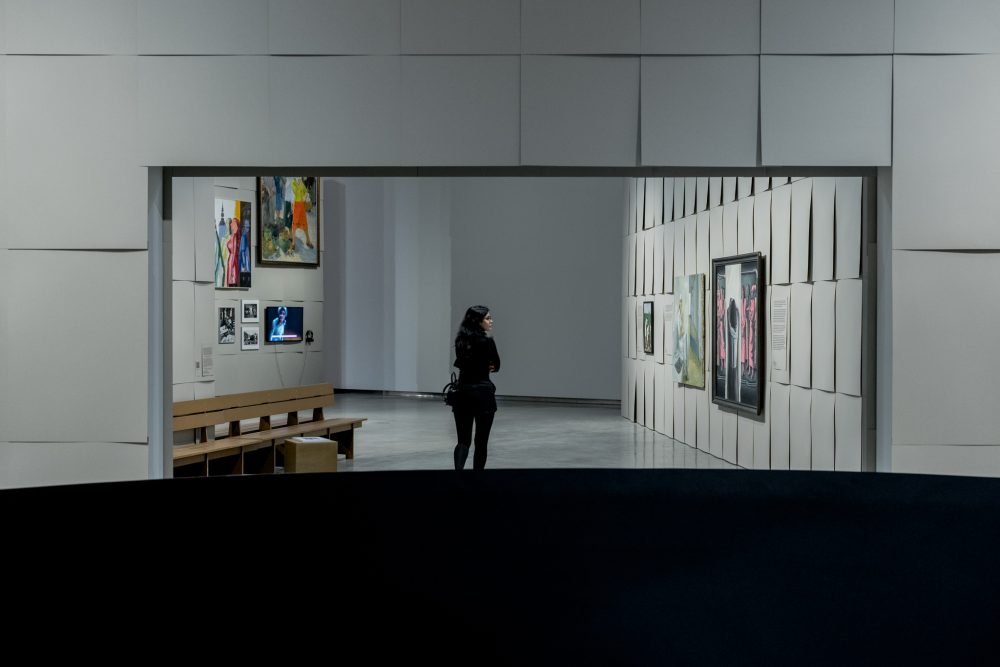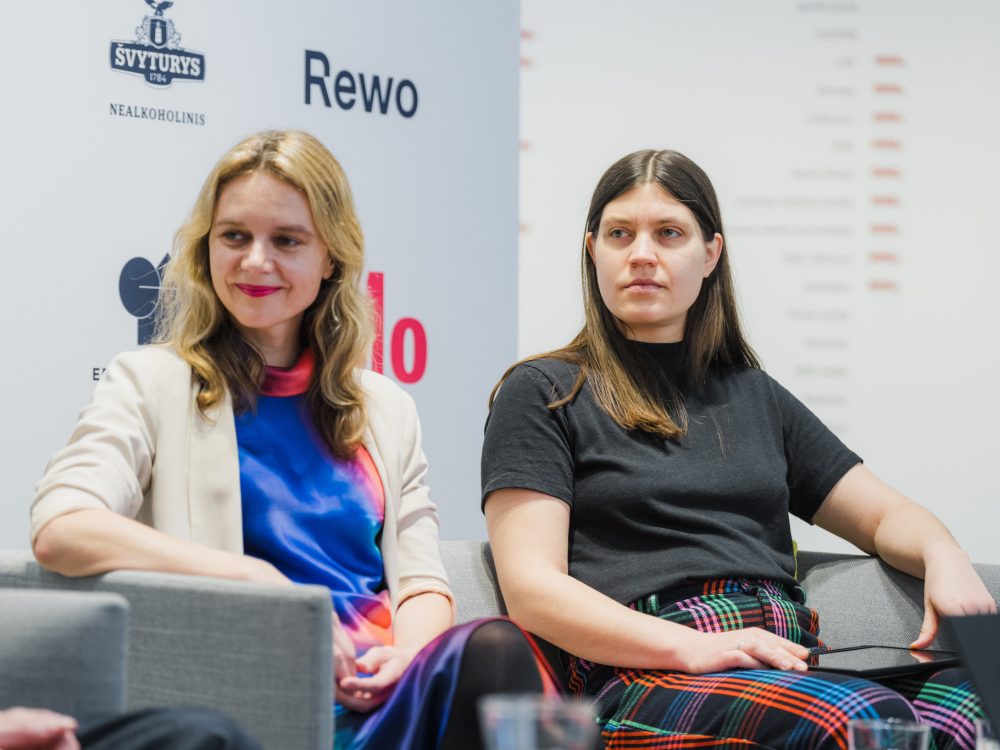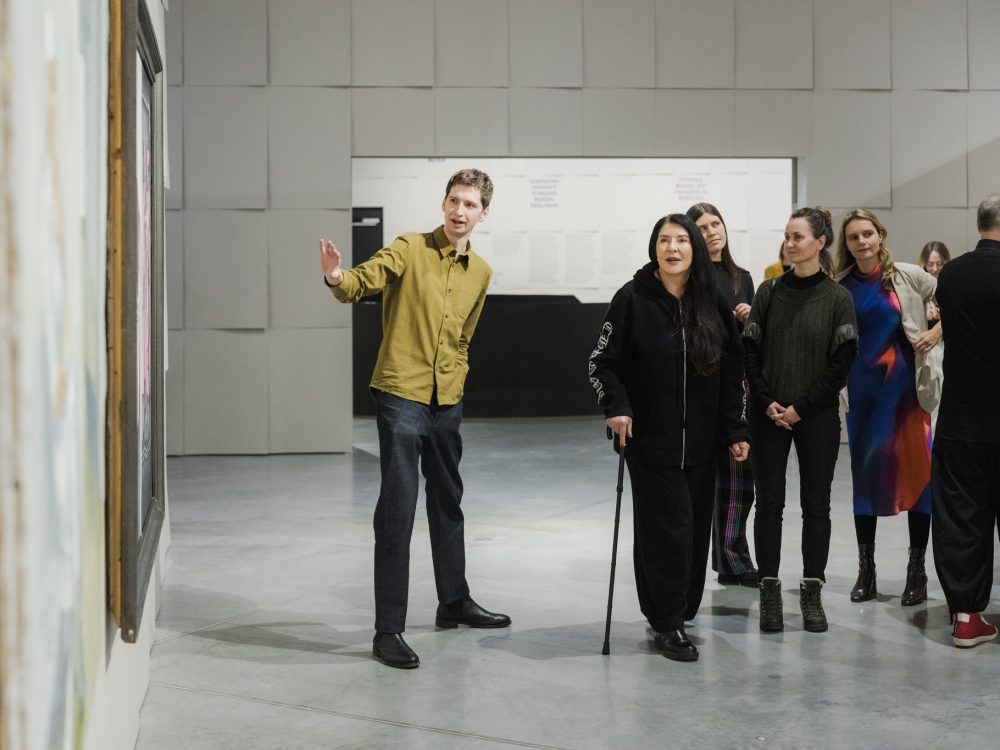The new major exhibition “We Don’t Do This” opens at the MO Museum

On the 9th of March, the MO Museum is opening its new major exhibition “We Don‘t Do This. Intimacy, Norms and Fantasies in Baltic Art”. The exhibition, curated by Inga Lāce, Adomas Narkevičius and Rebeka Põldsam, focuses on sexuality, gender representations and relations in visual art of the Baltic region from the 1960s until the present.
“We Don’t Do This” presents nearly 300 artworks by 130 artists. The works of art are contextualized in the most recent research on the history of sexuality in the Baltic countries. Arranging art works in thematic clusters, the exhibition features an array of intimate contemplations on as well as fantasies of gender, family and sexuality, marked by the ever changing social norms throughout the Soviet era and beyond.

According to the director of the MO Museum, Milda Ivanauskienė, the idea of exploring art through the prism of physicality, gender, and sexuality has been a long time coming due to these topics’ tabooed nature in our society.
The museums’ ambition coincided with the interests of curator and art historian Adomas Narkevičius, who went even further by encompassing research in three Baltic countries together with curators Inga Lāce from Latvia and Rebeka Põldsam from Estonia.
“This exhibition will display works from different periods, countries, and disciplines, which speak not only about how reality was meant to appear, but also about what was hidden behind declarative façades and that there always exist alternative ideas, communities, lifestyles, and ways of expression. We hope that this exhibition will create a safer space to explore this subject openly and without denial, to reconsider it and to enable constructive discussions”, – says Milda Ivanauskienė.



The name of the exhibition, “We Don’t Do This”, is a play on Česlovas Lukenskas’ eponymously titled drawing from 1984 and the famous catchphrase that there was no sex in the Soviet Union. The exhibition revisits canonical artworks, engaging them in playful dialogues with lesser-known works from different generations and countries.
“The central focus in this show is on the gender stereotypes and norms of the present day. Instead of looking chronologically, we view the artwork through themes, such as the performing of and making parody about masculinity and femininity, intimate and romantic interactions and domestic life, public life, work life, and leisure among others”, – curator Rebeka Põldsam explains.
Curator Adomas Narkevičius highlights that it showcases a gradual change in values, whereas some norms stay frozen in time or remained similar between the 1970s and the 2000s.

“Certain patriarchal norms have changed forms over time, yet they are still very much at the core of issues that artists critically assess and discuss today”, – he notes.
The exhibition is also one of the first ones in the region to focus on the depictions of the LGBTQ+ community since the 1970s. According to curator Inga Lāce, while certain political changes have been taking place during the preparation of the exhibition, the general denigrating discourse about sexual and gender minorities in the Baltics clearly signals that these themes need to be addressed.
“The same-sex partnership law was finally approved last November in Latvia; in the meantime, Estonia already announced full marriage equality, while in Lithuania there isn’t even a partnership law. It is very important to bring contemporary artists into this conversation, especially as the younger generations are able to address things that were previously silenced”, – says I. Lāce.

MO Museum’s major exhibition “We Don’t Do This” opens to the public on the 9th of March followed by an all-day opening MOrathon. Throughout the day, visitors will be invited to join discussions, talks and tours, while in the evening, a special drag show as well as a live performance by Rūta MUR will take place.
As the exhibition contains works of sensitive content for children, such as themes and images of sexual nature and nudity, minors are allowed entry when accompanied by an adult.